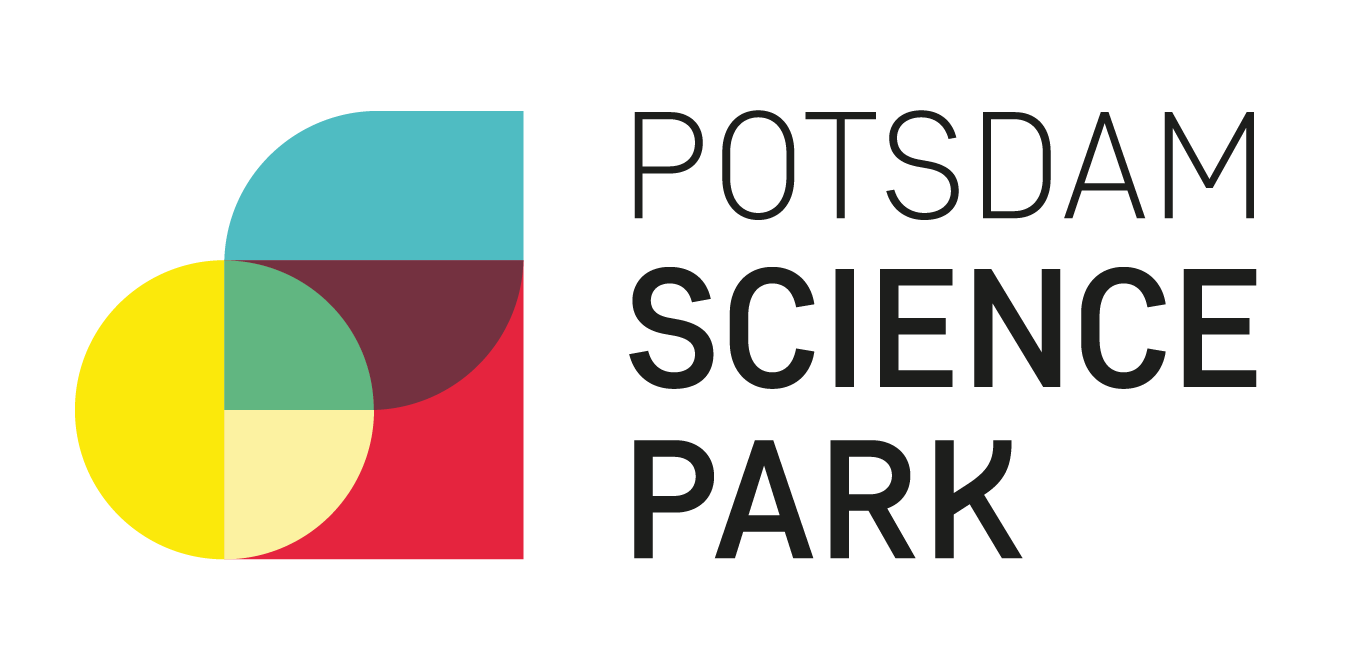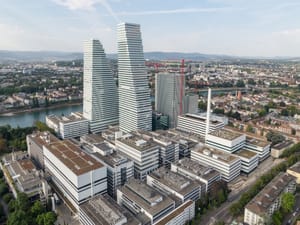This report provides a detailed analysis of Germany's life sciences real estate market across its major metropolitan regions. Through examining individual markets and their distinct characteristics, it offers a comprehensive overview of the real estate landscape serving Germany's life sciences sector.
The analysis covers six key regions and their associated submarkets:
- Berlin/Brandenburg
- Baden-Württemberg, including Stuttgart, Mannheim, Karlsruhe, Heilbronn, and Heidelberg
- Hamburg
- Hesse, encompassing Frankfurt, Darmstadt, Kassel, and Marburg
- Leipzig
- Munich
- The Ruhr area, including Bochum and Dortmund
For each location, this report examines two primary aspects:
- The current state of the life sciences industry, including key players, research institutions, and market dynamics
- The real estate infrastructure supporting these activities, including significant locations and developments
This consolidated overview allows investors, developers, and industry participants to compare and contrast different German life sciences markets, understanding their relative strengths and characteristics. Each section provides specific insights into local market conditions, helping stakeholders make informed decisions about their real estate strategies in Germany's life sciences sector.
Life sciences real estate in Berlin/Brandenburg
Berlin/Brandenburg is a metropolitan region consisting of two of Germany’s 16 federal states or Länder - the city state of Berlin and the surrounding state of Brandenburg. The region has a population of approximately six million people and thriving life sciences and tech sectors. “Low rent, a river of early-stage start-up funding, and a general willingness to start a company help make Berlin the fastest-growing tech city in Europe” according to Hubspot, the global software company which has offices in Berlin and 26 other cities.
The state of the life sciences industry in Berlin/Brandenburg
There are more than 500 biotechnology, pharmaceutical and medical technology companies in the region, alongside 46 universities and numerous non-university research institutions in the Berlin/ Brandenburg region. The list of universities includes Humboldt University of Berlin and the University of Potsdam, while the Max Planck Society and the Fraunhofer-Gesellschaft feature among the non-university research institutions. Germany’s capital city, with its top-ranked universities and overall low living expenses (academic education in Germany is largely free of direct tuition fees), attracts international students in large numbers. The venerable, 300-year-old Charité hospital in Berlin’s city centre is one of the largest university hospitals in Europe, employing over 16,000 staff and boasting over half of Germany’s Nobel Prize winners in Physiology or Medicine.
Life sciences and healthcare in the region is very heterogeneous, ranging from software development for digital health solutions and imaging to the development of (electro-) medical devices and the manufacture of medical aids for orthopaedics and care. Medtech companies in Berlin include: Biotronik (cardiac devices), Eckert & Ziegler (cancer therapy, industrial radiometry and nuclear-medical imaging, Ottobock (prosthetics), Zimmer Biomet (digital and robotic healthcare tech).
The region’s life sciences cluster is widely scattered over multiple locations rather than in just one place. However, there are four locations worthy of note: Potsdam Science Park, Berlin Biotech Park, Adlershof Technology Park and Campus Berlin-Buch.
Key life sciences locations in Berlin/Brandenburg

Potsdam Science Park
Potsdam Science Park hosts 12,500 people (3,500 employees and 9,000 students) involved in the fields of biotechnology, medical technology and other scientific areas in a countryside setting located 30 minutes by train in a south-westerly direction from Berlin city centre. The park is spread over 60 ha (148 acres). Companies operating from Potsdam Science Park include: Hybrotec (antibodies and immunotechnology), Molzym (molecular diagnosis), Porous (new ways to diagnose osteoporosis), QMEDIS Analytics (independent contract laboratory). Potsdam Science Park continues to grow.
Berlin Biotech Park





